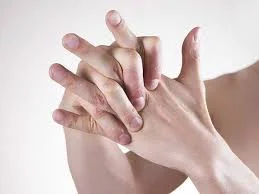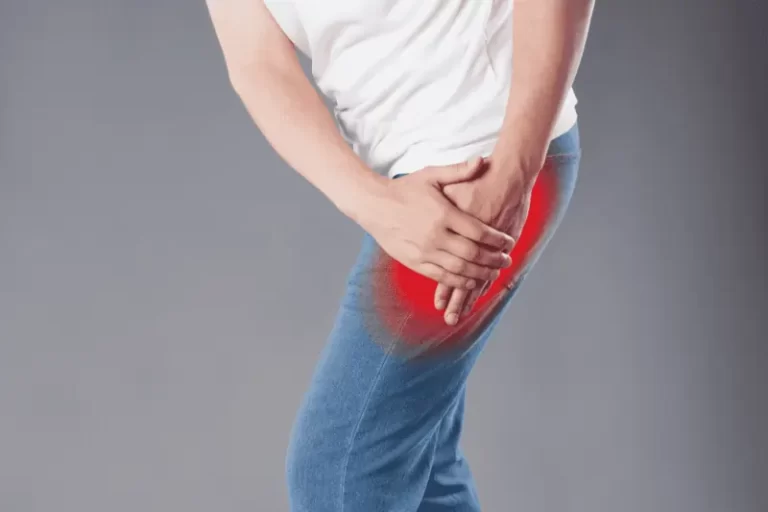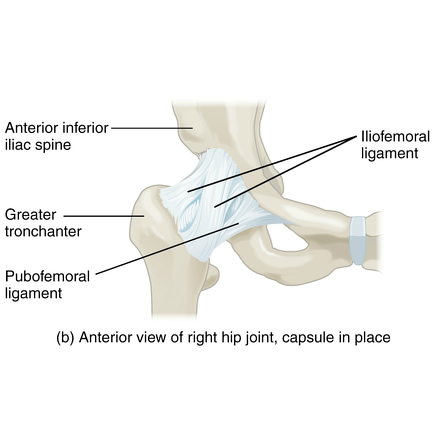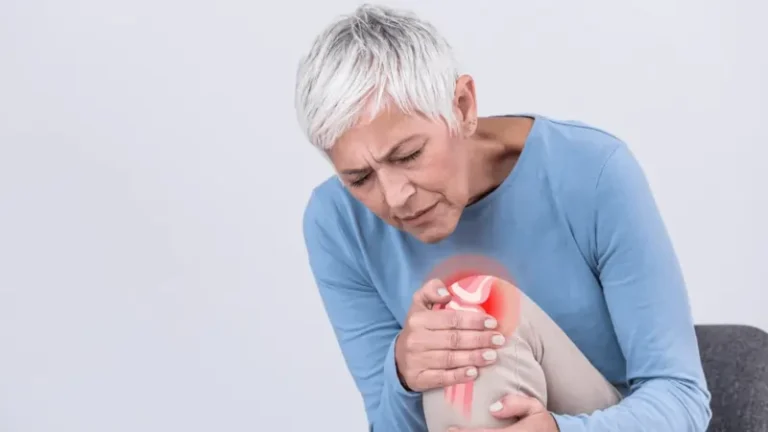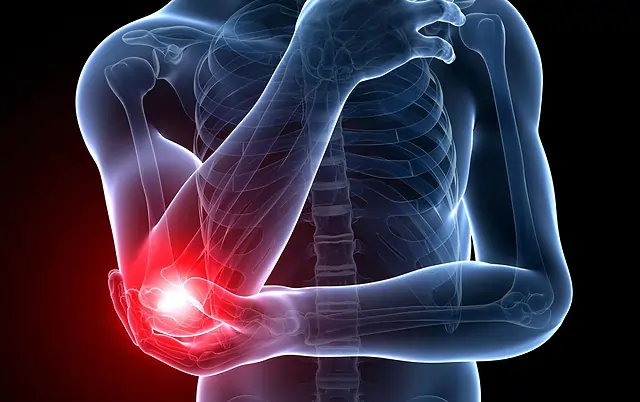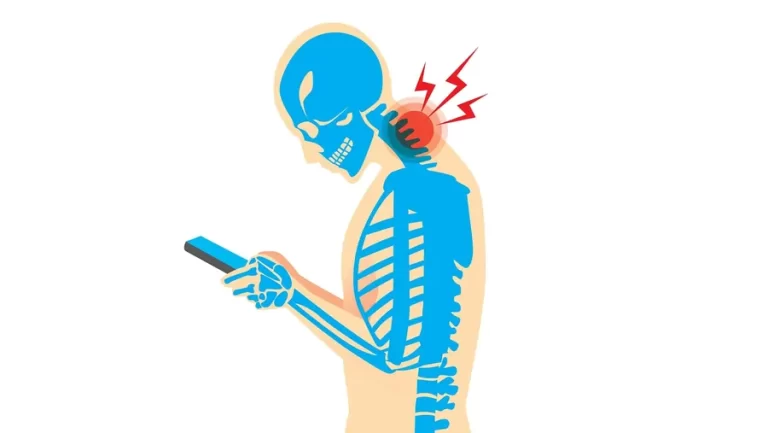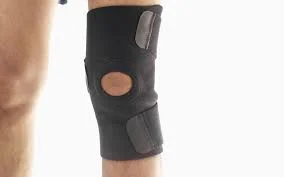Does Cracking Your Knuckles Cause Arthritis?
Introduction:
When a person cracks their knuckles, the surrounding muscles relax and the pressure in their joints is released. It is unlikely to result in arthritis or other issues, although it can increase the joint’s feeling of mobility.
Popping, cracking, creaking, grinding, and snapping sounds can be produced by joints, particularly those in the neck, back, knees, ankles, and knuckles.
The noises can be alarming and can be caused by several things. Some individuals are curious whether arthritis might be worse or caused by cracking joints, particularly those in the knuckles.
Numerous research studies have discovered over time that between 25 and 54 percent of persons crack their knuckles, with males more prone than women to do so regularly. It can occasionally be an anxious habit.
What causes knuckle cracking?
It’s crucial to understand why people crack their knuckles before examining whether it leads to arthritis. Some people crack their knuckles as a neurotic habit, such as nail biting or leg bouncing, or as a stress reliever. Others enjoy the sensation or sound it produces. Some people believe it improves movement or eases joint stress. Over time, one could develop an unconscious habit out of it.
Does snapping your knuckles induce arthritis?
If you crack your knuckles, you may be happy to learn that it does not cause arthritis. Osteoarthritis, which affects around 33 million individuals in the United States, is the most frequent form. It is caused by overuse and wear and tear over time. Other causes of arthritis include injuries, infections, and autoimmune illnesses.
When it comes to whether knuckle cracking causes arthritis, research shows that persons who crack their knuckles have the same risk as those who do not.
Why do people do this?
Studies suggest that up to 54% of persons crack their knuckles. They do it for several reasons, including:
Sound. Some folks enjoy the sound that knuckle cracking creates.
How it feels. Some individuals believe that cracking their knuckles creates more space in the joint, reducing stress and increasing mobility. However, there is no indication that there is more room, even if it appears to be such.
Nervousness. Cracking your knuckles, like wringing your hands or spinning your hair, might help you pass the time when you’re worried.
Stress. Some people who are stressed need to let it out on something. Cracking knuckles may provide diversion and release without causing injury.
Habit. If you start cracking your knuckles for any of these reasons, it’s simple to keep doing so until it happens without your knowledge. When you find yourself unintentionally cracking your knuckles many times every day, you’ve developed a habit. People who crack their knuckles five or more times each day are referred to be habitual crackers.
What creates those sounds?
Experts have numerous views as to what generates the noises when joints break or burst.
Synovial fluid bubbles.
One possibility is gas bubbles exploding. When a human flexes a joint, the pressure inside it decreases, releasing any gases, such as carbon dioxide. This gas is discharged as a bubble.
Cracking joints may generate a vacuum, which gases then fill. When a person pulls a finger to fracture a knuckle, for example, the rapid, dramatic rise in surrounding pressure causes the gas bubbles to explode, partially or completely, creating a sound.
The creation and collapse of bubbles is known as “cavitation.” Synovial fluid is a fluid found in joints.
Cavity formation.
The authors of one 2015 study determined that the cracking or popping sound is caused by the creation of cavities. They reached this result after investigating what occurs when joints shatter on MRI imaging.
The scientists put participants’ fingers inside a flexible tube, which they used to impart traction on the joint. They then fractured the joint while capturing photos at 3.2 frames per second.
The results revealed the quick formation of a hollow in the joint at the point of separation, which remained apparent after the noise stopped.
Tendons snap over joints.
Tendons maintain muscles linked to bones, whereas ligaments bind bones together. Ligaments can create popping sounds as they tighten while the joint is moving. Tendons can generate a popping sound as they move out of position and then snap back into place when the joint moves.
People frequently hear these noises in their knee and ankle joints when they rise from a seat or walk up or down stairs.
Joint instability.
The American Association of Orthopaedic Surgeons notes that a popping sound in a joint, such as the elbow, might be caused by instability or looseness. A person may also notice that the joint catches when they move.
If the sound of a joint breaking is accompanied by discomfort, it might suggest joint deterioration and/or a tear in the cartilage that cushions it. Anyone experiencing this should consult a healthcare practitioner.
What exactly occurs when you break your knuckles:
The misconception that cracking your knuckles causes arthritis may come from individuals believing that the motion hurts their joints. However, the popping sound you hear when you or others do this is not caused by the joints shattering. When you bend your finger bones backward or pull them apart, the gap between the joints widens. This causes nitrogen bubbles in the synovial fluid, which lubricates the joints, to rupture.
If you’ve cracked your knuckles before, you know you can’t do it again straight soon. This is because the gas bubbles in the joint must re-form after being ruptured, which usually takes around 20 minutes.
Is there a relation to arthritis?
Knuckles may be the most often cracked joints. A person may do this by:
Bending knuckles backward or forwards, rotating them sideways, and tugging on the bones around the joint.
While some may be concerned that this causes arthritis, multiple studies have found that such a link is improbable.
One doctor investigated his knuckle cracking in response to family complaints. For 50 years, he broke his left hand’s knuckles at least twice every day, but not his right.
The doctor did not develop arthritis in either hand and stated that there were no distinctions between the two. He determined that knuckle cracking was not associated with arthritis.
A 2011 research followed the development of arthritis in 215 persons, with 20% of them cracking their knuckles often. In this group, 18.1% of individuals developed arthritis in their hands, whereas 21.5% did not crack their knuckles. The researchers determined that the risk of getting arthritis is essentially the same whether or not a person cracks their knuckles.
Side Effects:
Cracking your knuckles should not produce discomfort, swelling, or alter the form of the joint. If any of these events occur, something else is going on.
Although it is difficult, if you pull too hard, you may pull your finger out of the joint or harm the ligaments that surround it.
If cracking your knuckles causes discomfort or swelling in your joints, it is most likely related to an underlying ailment like arthritis or gout.
Tips to Stop Cracking:
Although cracking your knuckles is not harmful to you, it can be distracting to those around you. If smoking has become a habit for you, it may be tough to break.
Here are some ways to help you quit the habit:
Consider why you crack your knuckles and address any underlying causes.
Find a different approach to release stress, such as deep breathing, exercise, or meditation.
Squeezing a stress ball or massaging a worry stone might help you relax.
Be aware of when you crack your knuckles and intentionally stop yourself.
Should I quit cracking my knuckles?
Cracking your knuckles is very innocuous and may usually be done without creating major problems. However, if done regularly or violently, there are some hazards. Knuckle cracking should be painless. So, if you’re having discomfort when you crack your knuckles, you might be creating or exacerbating an injury.
If you do not experience discomfort when cracking your knuckles and like the practice, you can continue to do so safely and without worry of developing arthritis. However, if your hands’ joints begin to pain, become swollen, stiff, or numb, or if you notice diminished movement in your fingers or grasp, consult your doctor to determine the cause.
Is therapy necessary?
Cracking or popping joints do not appear to be associated with any health issues unless the individual additionally has discomfort and edema in the region. In this scenario, it may be beneficial to consult with a healthcare practitioner.
Otherwise, one group of experts stated, “The chief morbid consequence of knuckle cracking would appear to be its annoying effect on the observer.”
When to visit a doctor.
Cracking your knuckles does not cause injury, thus it should not be uncomfortable, produce swelling, or affect the contour of the joint. These are symptoms that something is wrong, and you should see your doctor.
Injuring your finger by tugging too hard or moving it incorrectly is generally quite painful. Your finger may appear twisted or begin to swell. You should speak with your doctor right away if this happens.
If you feel your joints are uncomfortable or swollen while cracking your knuckles, it is most likely the result of an underlying problem that should be checked by your doctor.
Summary
Cracking or popping joints, which excite nerve endings, may result in a sense of reduced muscular tension and improved mobility.
No indication manipulating the joints in this manner results in any health problems, such as arthritis. However, if a joint snaps, clicks, or fractures and causes discomfort or swelling, it may be prudent to seek medical attention.
FAQs
Why have I suddenly developed arthritis in my fingers?
Injuries: Even when correctly treated, a damaged joint is more prone to develop osteoarthritis over time. Fractures and dislocations are among the most common injuries that cause arthritis. Joint problems: Hand or wrist arthritis can be caused by joint infections, overuse, loose ligaments, and misaligned joints.
Is it possible to get arthritis after breaking your back?
One of the most popular misunderstandings about cracking your joints, particularly your knuckles, is that it causes arthritis. However, this will not induce arthritis or joint enlargement. Back cracking and chiropractic therapy may relieve certain arthritis symptoms.
Is it unhealthy if your joints fracture frequently?
Cracking or popping joints do not require medical attention unless they produce discomfort or are the result of an underlying medical condition. When they are caused by an underlying problem, the therapy will differ depending on the nature of the condition.
How serious is arthritis in the fingers?
Your fingers may become tight, painful, and swollen, and you may see lumps on your finger joints. The discomfort may gradually subside and finally diminish, but the lumps and swelling may persist.
What is stage 1 early arthritis in the hands?
Stage 1: In early-stage RA, inflammation occurs in the tissue around your joint(s). You may have some joint discomfort and stiffness. If your doctor requests X-rays, they will not see any harmful alterations in your bones. Stage 2: The inflammation has started to harm the cartilage in your joints.
What are the top five veggies to avoid for arthritis?
Some arthritis sufferers claim that nightshade foods such as tomatoes, potatoes, eggplants, and peppers cause their condition to worsen. While there is little evidence to establish a relationship between arthritic discomfort and most nightshades, tomatoes might be an exception. This is because they produce an increase in uric acid levels.
Can squeezing a ball help arthritis?
Stress balls are excellent grip strengtheners. As your grip improves, you will find it simpler to turn doorknobs and hold objects. Remember to only do this exercise a couple of times each week (with at least 48 hours between sessions).
References
- Does cracking your knuckles cause arthritis? (n.d.). Houston Methodist on Health. https://www.houstonmethodist.org/blog/articles/2020/jun/does-cracking-your-knuckles-cause-arthritis/
- The Healthline Editorial Team. (2019, March 14). Is cracking your knuckles bad for you? Healthline. https://www.healthline.com/health/cracking-knuckles#takeaway
- Nichols, H. (2023, April 25). Does cracking your knuckles cause arthritis? https://www.medicalnewstoday.com/articles/259603#summary
- Does cracking knuckles cause arthritis? | Trident Health. (n.d.). Trident Health. https://www.tridenthealthsystem.com/healthy-living/blog/does-cracking-knuckles-cause-arthritis

